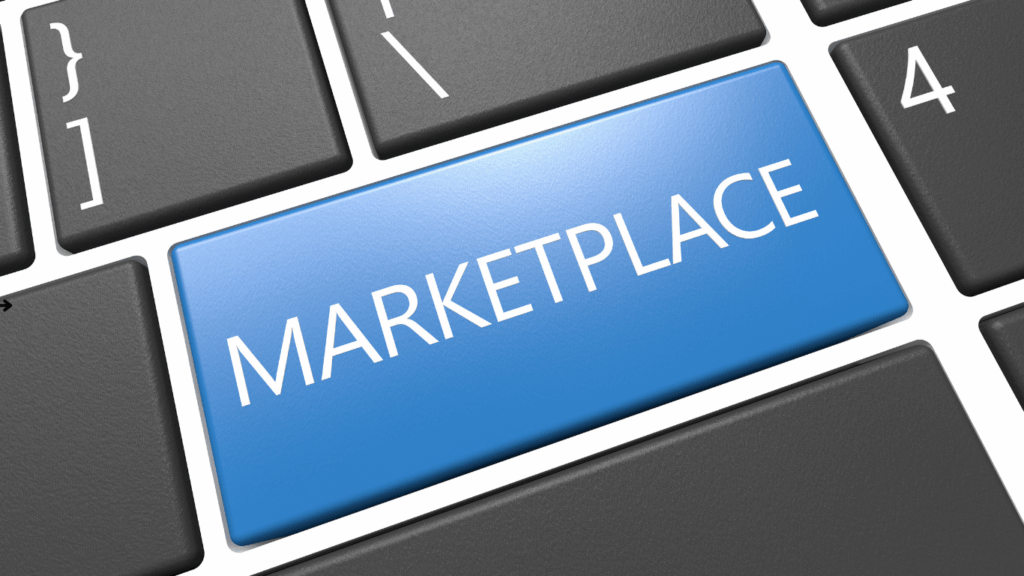Private Marketplaces (PMPs): Premium Inventory in Programmatic Advertising
Not all programmatic advertising happens in open auctions.
For brands that want more control, better quality, and a safer environment, Private Marketplaces (PMPs) offer the perfect solution.
PMPs bridge the gap between automation and premium inventory, giving advertisers access to top-tier publishers while maintaining the efficiency of programmatic buying.
What Is a Private Marketplace?

A Private Marketplace (PMP) is an invite-only programmatic exchange where premium publishers make their ad inventory available to a select group of advertisers.
Instead of bidding openly (as in Real-Time Bidding or RTB), only approved buyers can participate.
Think of it as a VIP version of programmatic advertising — fewer bidders, higher-quality placements, and more transparency.
How PMPs Work
- Publisher Creates a Deal
- The publisher packages premium ad inventory (e.g., homepage banners, video pre-rolls).
- Advertisers Are Invited
- Selected advertisers are invited to access this inventory through a deal ID in their DSP.
- Automated Bidding and Delivery
- Campaigns still use automation, but only within the controlled PMP environment.
- Ads Go Live
- The ads appear on high-quality sites, maintaining brand integrity and viewability.
Benefits of Using PMPs
1. Premium Inventory Access
Advertisers gain access to placements that are not available in open auctions, including top media outlets and trusted publishers.
2. Greater Brand Safety
Since participation is limited, there’s much lower risk of running ads on inappropriate or fraudulent sites.
3. Transparency and Trust
Both parties know who they’re dealing with — publishers see which brands are buying, and advertisers see where their ads appear.
4. Better Viewability and Performance
PMPs typically deliver higher engagement and viewability rates, since ads run in cleaner, more professional environments.
5. Stronger Relationships
PMPs create opportunities for direct collaboration between advertisers and publishers, even within a programmatic framework.
PMP vs. Open Exchange vs. Programmatic Guaranteed
| Buying Type | Inventory Access | Bidding Model | Control | Transparency |
|---|---|---|---|---|
| Open Exchange | All publishers | Real-time bidding (RTB) | Low | Limited |
| Private Marketplace (PMP) | Selected publishers | Invitation-only RTB | Medium | High |
| Programmatic Guaranteed | One-to-one deals | Fixed price | Very high | Very high |
PMPs offer a middle ground — automated but exclusive, scalable but controlled.

Challenges of PMPs
Even though PMPs sound ideal, they’re not perfect. Common challenges include:
- Limited Scale: Inventory is exclusive and smaller in volume.
- Higher CPMs: Premium placements come with higher costs.
- Complex Setup: Requires negotiation, deal IDs, and technical coordination between DSPs and SSPs.
- Limited Transparency Across Networks: Some PMP deals may still operate within larger, semi-private ecosystems.
Still, for advertisers who value quality and trust over volume, PMPs remain an essential part of a balanced programmatic strategy.
Best Practices for PMP Campaigns
✅ Choose Quality Publishers: Focus on trusted, relevant media brands.
✅ Negotiate Clear Terms: Ensure both sides understand the pricing, targeting, and reporting expectations.
✅ Monitor Performance Closely: Track key metrics like viewability, CTR, and completion rate.
✅ Blend PMP with Open Exchange: Combine premium reach with scalable inventory for optimal results.
✅ Test and Optimize: Every publisher behaves differently — experiment and refine.
Conclusion
Private Marketplaces bring trust, transparency, and premium quality to programmatic advertising.
They combine the control of direct deals with the efficiency of automation, making them ideal for advertisers who want both performance and protection.
As privacy regulations tighten and brand safety becomes a top priority, PMPs will continue to play a central role in the programmatic ecosystem.
Next up: Explore how advertisers protect their reputation with our article on The Importance of Brand Safety in Programmatic Advertising.
“This article was written by Digital Rebel, specialists in online advertising and programmatic media buying.”
